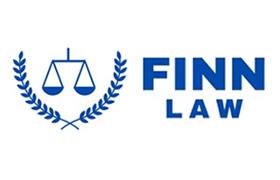Clifton Park Felony Lawyer, New York
Sponsored Law Firm
-
 x
x

Click For More Info:
-
Finn Law Offices
12 Sheridan Ave. Albany, NY 12207» view mapAccident & Injury and Criminal Defense Action-Oriented Legal Advocacy
At Finn Law Offices, our attorney relies upon his experience and dedication to protect your rights in a personal injury, employment law, criminal defense or civil rights case.
800-872-6030
Not enough matches for Clifton Park Felony lawyer.
Below are all Clifton Park Criminal lawyers.
Ronald P. Deangelus
Estate Planning, Family Law, DUI-DWI, Criminal
Status: In Good Standing Licensed: 65 Years
George E Lamarche III
Accident & Injury, Criminal, Wrongful Death, Personal Injury
Status: In Good Standing Licensed: 23 Years
Andrew R. Safranko
Motor Vehicle, Criminal, Car Accident, Accident & Injury
Status: In Good Standing Licensed: 25 Years
 Ryan M. Finn Albany, NY
Ryan M. Finn Albany, NY AboutFinn Law Offices
AboutFinn Law Offices
